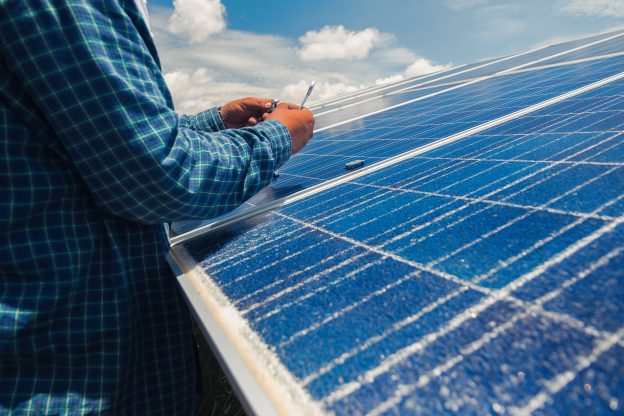
It is generally understood that rubber is an insulator and, as a result, generally not an ideal material for electrolytes used in li-ion batteries. However, a research team from Georgia Tech has obliterated such a general perception of rubber by coming up with a highly conductive rubber. By leveraging this flexible electrolyte, the team hopes to create a safer EV battery that delivers longer driving ranges.
Li-ion batteries have brought about various technological revolutions and groundbreaking changes for the general public including, in ascending size, smartphones, laptops, EVs, and BESS, although room for improvement still exists for these batteries. For instance, liquid electrolytes in damaged or overheating li-ion batteries may bring about fire hazard or even explode.
Given that electrolytes, in liquid form, comes with a healthy dose of fire hazard, then solid state electrolytes (SSE) would surely appear to be the solution. Past experiences indicate that SSE can effectively lower the risk of fire hazard, though not without other challenges as well. Namely, SSE manufactured with ceramic materials can be quite brittle, and an incomplete interface between electrolytes and diodes can also lower the conductivity of lithium ions.
Hence, the team from Georgia Tech believes that flexible materials such as rubber are able to address the aforementioned two problems. Nevertheless, in light of the insulating property of rubber, the team has embedded succinonitrile, a conductive material, into the rubber, which is responsible for providing a flexible 3D scaffolding that not only maintains a smooth interface between electrolytes and diodes, but also prevents dendrite growth.
The research team’s tests found that the 93 mAh g-1 li-ion batteries featuring the new electrolytes can operate at 4.5 V at room temperature. These batteries experience no capacity degradation even after 1,000 charging cycles and no dendrite growth after 100 cycles. Granted, such performances still leave room for improvement, and the research team is hard at work raising the battery’s charging cycle count as well as conductivity with the ultimate goal of delivering a safer, more durable battery solution for EVs.
“Higher ionic conductivity means you can move more ions at the same time,” said first author Michael Lee. “By increasing specific energy and energy density of these batteries, you can increase the mileage of the EV.”
As a leading center for EV innovation, Georgia Tech is also collaborating with Korea-based SK Innovation, which is funding research on electrolyte materials in response to the need for next-gen solid state batteries that are safer and more energy-dense than conventional li-ion batteries. SK Innovation also recently announced the construction of a battery fab in Commerce, Georgia, with an expected annual production of 21.5 GWh of li-ion batteries in 2023.
(Image: Georgia Tech)







